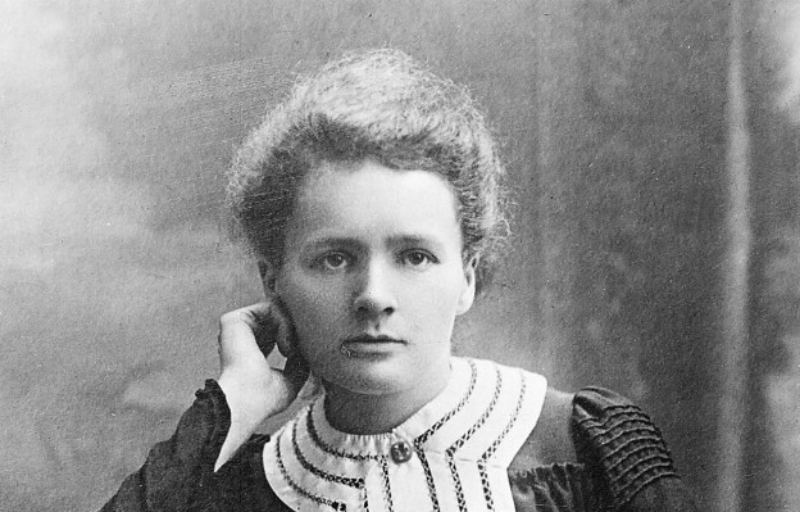“Curie boasts an extraordinary array of achievements. She was the first woman to win a Nobel Prize, first female professor at the University of Paris, and the first person – note the use of person there, not woman – to win a second Nobel Prize” says Patricia Fara, president of the British Society for the History of Science.
Marie Curie, has been bestowed the title of the most influential woman in history, topping a list of 100 fellow female trailblazers compiled by BBC History magazine which looked at women who have changed the world through their activism, research or art.
Curie developed a portable X-ray machine to treat soldiers in World War II and her discoveries have also launched effective cures for cancer. Curie was also the first person (not woman) to win two Noble prizes, one for physics and another for chemistry. To this day, Curie is the only person, regardless of gender, to receive Noble prizes for two different sciences.
“For us this country is so much more than…” – A brilliant must-see film about Poland!
Patricia Fara, president of the British Society for the History of Science, said: "The odds were always stacked against her. In Poland her patriotic family suffered under a Russian regime. In France she was regarded with suspicion as a foreigner – and of course, wherever she went, she was discriminated against as a woman."
Olga Tokarczuk wins Man Booker International prize
“The odds were always stacked against her,” said Fara. “In Poland her patriotic family suffered under a Russian regime. In France she was regarded with suspicion as a foreigner – and of course, wherever she went, she was discriminated against as a woman.”


